
14 days in Japan: recommended itinerary for your trip to Japan
A 14-day itinerary in Japan allows travelers to delve deeper into the country's vibrant cities, rich history, serene landscapes, and unique culture. With two weeks, you can explore Tokyo's dynamic neighborhoods, relax in a traditional hot spring town, visit ancient temples in Kyoto, discover hidden gems in rural areas, and experience Japan's coastal beauty. Here is a well-balanced 14-day itinerary designed for an unforgettable trip through Japan.
Short on time? Check this article 10 days in Japan: a perfect itinerary for your trip for a smaller trip.
Contents
Day 2: Tokyo – Asakusa, Ueno, and Akihabara
Day 3: Tokyo – Shibuya, Shinjuku, and Harajuku
Day 4: Tokyo – Day Trip to Nikko
Day 7: Takayama – Explore the Old Town and Market
Day 9: Kanazawa – Gardens, Museums, and Samurai District
Day 11: Kyoto – Temples and Gion District
Day 12: Kyoto – Arashiyama Bamboo Grove and Fushimi Inari Shrine
Day 1: Arrival in Tokyo
Arrive in Tokyo, Japan’s bustling capital. After checking into your accommodation, spend the day unwinding and exploring your neighborhood. If time allows, you can explore local shops, convenience stores, or nearby attractions to get a feel for Japan.
Optional Evening Activity: Visit Tokyo Skytree or Tokyo Tower for panoramic city views, or relax at an izakaya (Japanese pub) for your first Japanese dining experience.
Day 2: Tokyo – Asakusa, Ueno, and Akihabara
Begin your Tokyo adventure in Asakusa at Senso-ji Temple, the city’s oldest temple. Explore the bustling Nakamise Shopping Street nearby for traditional souvenirs and snacks.
Afterward, head to Ueno to visit Ueno Park and Tokyo National Museum, which houses a vast collection of Japanese art and artifacts. Finish the day in Akihabara, the electronics and anime hub, where you can browse multi-story stores filled with gadgets, anime merchandise, and themed cafes.
Day 3: Tokyo – Shibuya, Shinjuku, and Harajuku
Start your day at Shibuya Crossing, the world’s busiest pedestrian intersection, then visit the famous Hachiko Statue. From there, make your way to Harajuku and explore Takeshita Street, filled with quirky shops and cafes.
Next, visit the serene Meiji Shrine in a lush forest near Harajuku. End your day in Shinjuku, exploring the vibrant entertainment district. The Tokyo Metropolitan Government Building offers a free observation deck with views of the Tokyo skyline.
Day 4: Tokyo – Day Trip to Nikko
Take a day trip to Nikko, a town famous for its UNESCO World Heritage temples and stunning natural beauty. Visit Toshogu Shrine, a beautifully decorated shrine dedicated to Tokugawa Ieyasu. Explore the Kegon Falls and Lake Chuzenji for scenic views, especially during autumn.
Nikko is easily accessible by train from Tokyo, and the Nikko Pass offers convenient travel options for visitors. Return to Tokyo in the evening.
Day 5: Tokyo to Hakone
Head to Hakone, a hot spring town known for its views of Mount Fuji and scenic landscapes. The Hakone Free Pass offers access to the area’s various modes of transport, including cable cars, boats, and trains.
Take a cruise on Lake Ashi and ride the Hakone Ropeway up to Owakudani, a volcanic valley. Spend the night in a ryokan (traditional inn) with an onsen (hot spring bath) for a relaxing experience.
Day 6: Hakone to Takayama
From Hakone, take the Shinkansen (bullet train) and local trains to reach Takayama, a well-preserved town with Edo-period architecture. This journey takes a few hours but offers scenic views of Japan’s countryside.
In the evening, enjoy Takayama’s traditional townscape with well-preserved wooden buildings, quaint streets, and local sake breweries.
Day 7: Takayama – Explore the Old Town and Market
Start your day at the Takayama Morning Market, where you can sample local foods and shop for handicrafts. Explore Sanmachi Suji, a historic district with narrow streets, traditional houses, and sake breweries.
In the afternoon, visit Takayama Jinya, a former government office from the Edo period. For dinner, try the local delicacy, Hida beef, at one of the town’s restaurants.
Day 8: Takayama to Kanazawa
Take a scenic bus or train ride to Kanazawa, a city known for its beautiful gardens, samurai districts, and rich cultural heritage. Upon arrival, explore the Higashi Chaya District, a historic geisha district with teahouses and traditional shops.
Stay in Kanazawa overnight, enjoying the city’s unique blend of modernity and tradition.
Day 9: Kanazawa – Gardens, Museums, and Samurai District
Spend your morning at Kenrokuen Garden, one of Japan’s most famous gardens, known for its seasonal beauty. Visit the nearby Kanazawa Castle and its beautiful grounds.
In the afternoon, explore the Nagamachi Samurai District and visit the Nomura Samurai House to experience the historical life of samurai. End your day at the 21st Century Museum of Contemporary Art for a modern cultural experience.
Day 10: Kanazawa to Kyoto
Travel from Kanazawa to Kyoto by train, the former capital of Japan and a city rich in history and culture. After checking into your accommodation, visit Nijo Castle, a UNESCO World Heritage site known for its beautiful architecture and gardens.
In the evening, stroll through Gion, Kyoto’s traditional geisha district, and catch a glimpse of maiko and geiko (geisha) along the charming streets.
Day 11: Kyoto – Temples and Gion District
Start with a visit to Kinkaku-ji (Golden Pavilion), one of Kyoto’s most iconic landmarks. Continue to Ryoan-ji Temple and its famous rock garden, a serene spot perfect for reflection.
In the afternoon, visit Kyoto Imperial Palace and Nishiki Market, where you can taste local specialties and buy souvenirs.
Day 12: Kyoto – Arashiyama Bamboo Grove and Fushimi Inari Shrine
Begin your day in Arashiyama, where you can walk through the famous Arashiyama Bamboo Grove. Visit Tenryu-ji Temple and its stunning gardens.
In the afternoon, visit Fushimi Inari Shrine and explore the scenic pathway lined with thousands of red torii gates, creating a memorable experience.
Day 13: Nara Day Trip from Kyoto
Take a day trip to Nara, home to several historic temples and free-roaming deer. Visit Todai-ji Temple to see the Great Buddha statue, then explore Nara Park, where you can feed friendly deer with special crackers.
End your Nara visit at Kasuga Taisha Shrine, known for its stone lanterns and peaceful surroundings. Return to Kyoto in the evening.
Day 14: Departure from Osaka
On your final day, head to Osaka for some last-minute sightseeing or shopping. Visit Osaka Castle, a beautiful historical landmark surrounded by lush gardens.
For a taste of local food, explore Dotonbori, famous for street food like takoyaki and okonomiyaki. Depending on your flight time, you may also have time to visit Shinsekai, a retro district filled with restaurants and shops.
This 14-day itinerary covers Japan’s major attractions, including vibrant cities, scenic landscapes, traditional towns, and cultural landmarks, offering a comprehensive travel experience in the Land of the Rising Sun.
Share
You may also like
-

Visiting Japan’s Love Hotel Districts: What to Expect
Japan’s love hotel districts are famous for their unique and fascinating blend of privacy, creativity, and a touch of...
-

Top 10 Late-Night Dining Spots in Tokyo’s 24-Hour Cafes
Tokyo’s vibrant nightlife extends well beyond bars and nightclubs, with a thriving late-night dining culture tha...
-
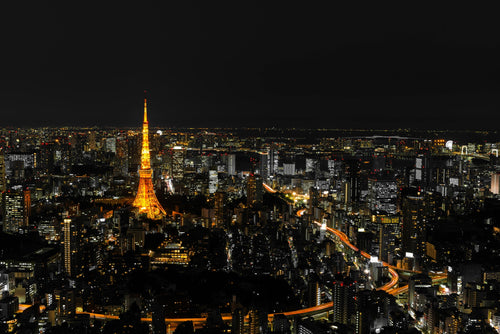
Best Night Tours in Tokyo for After-Dark Adventures
Tokyo’s nightlife is renowned for its energy, vibrancy, and unique blend of traditional and modern experiences. From ...
-
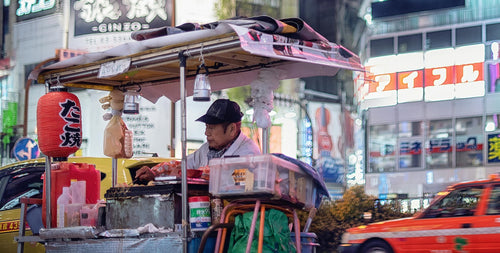
Japan’s Late-Night Food Culture: 8 Best Street Eats
Japan’s late-night food culture is a vibrant experience, especially in bustling cities like Tokyo and Osaka, where de...
-
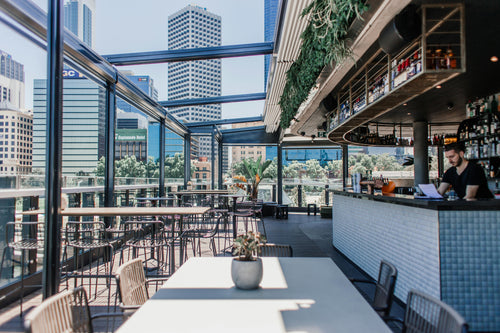
7 Rooftop Bars in Tokyo for Stunning Views
Tokyo’s rooftop bars offer some of the best ways to soak in the city’s skyline while enjoying drinks, atmosphere, and...
-

10 Best Nightclubs in Tokyo for Dancing and Music Lovers
Tokyo's nightlife is renowned for its variety and energy, with nightclubs that range from high-energy dance floors to...
-

8 Themed Bars and Cafes You Need to Visit in Tokyo
Tokyo is famous for its creative and quirky themed bars and cafes, offering immersive experiences for locals and...
-

Tokyo Nightlife Guide: Shinjuku, Shibuya, and Roppongi Highlights
Tokyo’s nightlife is legendary, offering a mix of vibrant energy, entertainment, and unique experiences in some of it...
-
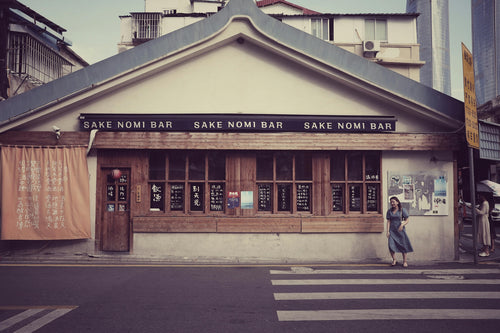
7 Best Japanese Sake Bars in Tokyo
Tokyo is home to some of Japan’s best sake bars, offering both locals and visitors an opportunity to explore the...
-
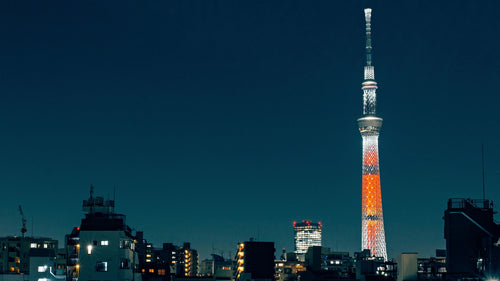
Top 6 Observation Decks in Tokyo for Scenic Views
Tokyo’s observation decks offer some of the best panoramic views of the city, giving visitors a chance to see th...
-
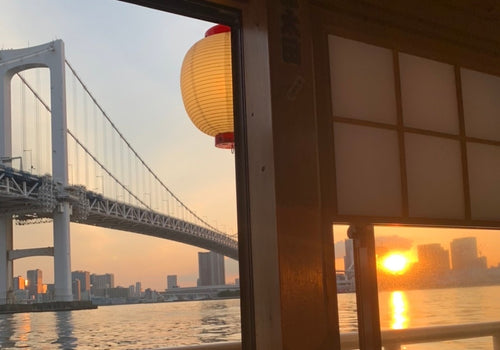
Night Cruises in Tokyo: Enjoy the City Views
Tokyo’s skyline is mesmerizing at any time, but experiencing it from the water on a night cruise adds a magical ...
-
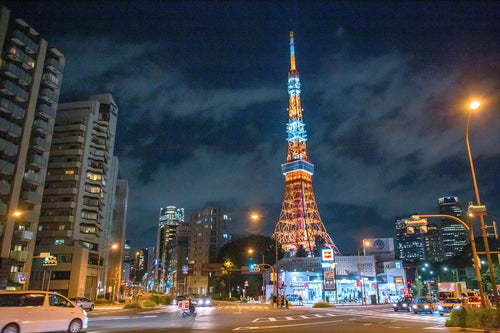
Roppongi Art and Nightlife Guide
Roppongi is one of Tokyo’s most vibrant districts, known for its lively nightlife, sophisticated art scene, and ...
-
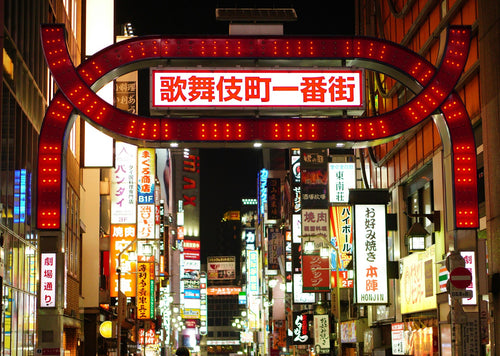
Nightlife Guide to Shinjuku Kabukicho
Shinjuku’s Kabukicho district, known as Tokyo’s “Sleepless Town,” is the center of nightlife in Tokyo. Renowned ...
-
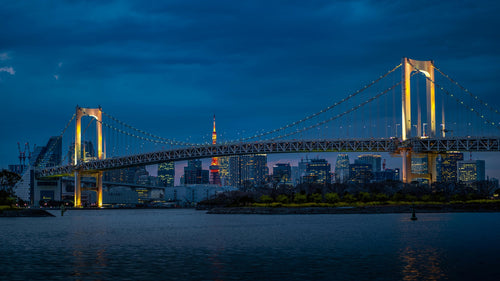
6 Best Night View Spots in Tokyo
Tokyo at night is a breathtaking spectacle, with illuminated skyscrapers, iconic landmarks, and bustling streets that...
-
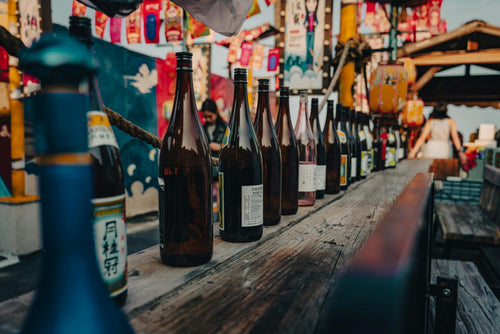
Top 12 Sake Breweries in Japan for Tasting and Tours
Japan’s sake culture is celebrated around the world for its depth, complexity, and rich history. Sake, or nihons...
-
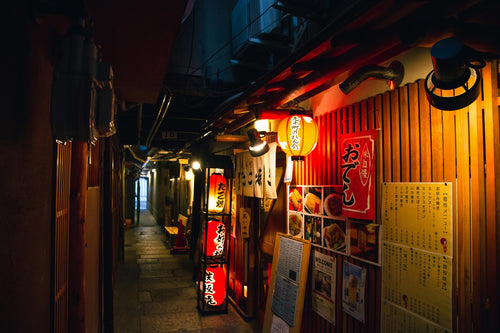
How to Enjoy a Night at a Japanese Izakaya
Japanese izakayas are casual, lively spots where locals gather after work to enjoy drinks, share small plates, a...
-

Exploring Karaoke Culture in Japan: 8 Best Places to Sing
Karaoke is an integral part of Japanese culture, offering a fun and entertaining way for friends, family, and even co...
-
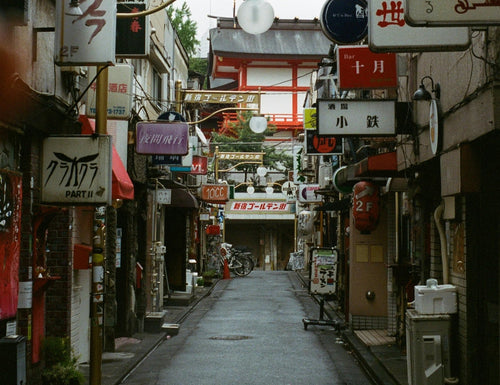
5 recommended bars in Golden Gai
Golden Gai, nestled in the heart of Tokyo’s Shinjuku district, is one of the city’s most iconic bar districts. Known ...
-
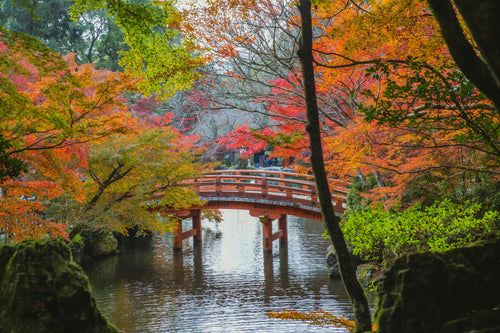
10 Japanese Gardens You Should Visit for Tranquility
Japanese gardens are renowned for their beauty, tranquility, and intricate designs that reflect harmony with nature. ...
-
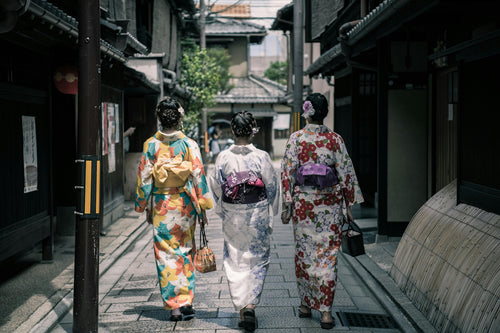
Japan’s Kimono Heritage: Symbolism, Style, and Where to See
The kimono, Japan’s traditional garment, is a beautiful and symbolic representation of Japanese culture. From its int...
-
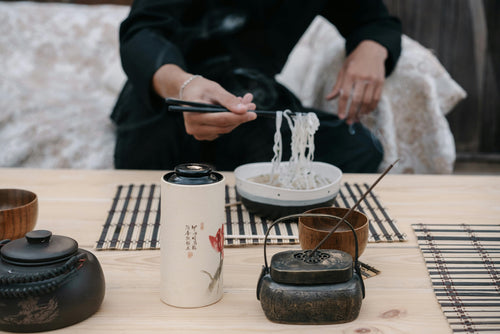
Etiquette Essentials for Visitors to Japan
Japan’s culture is rich in respect, politeness, and consideration, making etiquette an essential part of daily l...
-
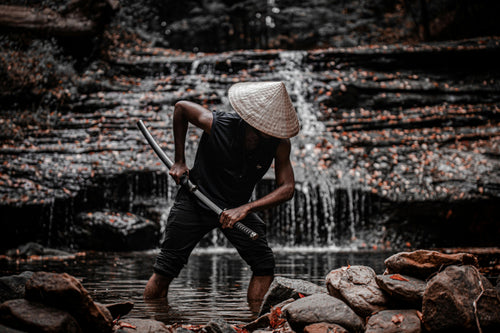
7 Best Places to Discover Japan’s Samurai History
Japan’s samurai history is one of honor, skill, and deep cultural influence, stretching back centuries and leaving an...
-
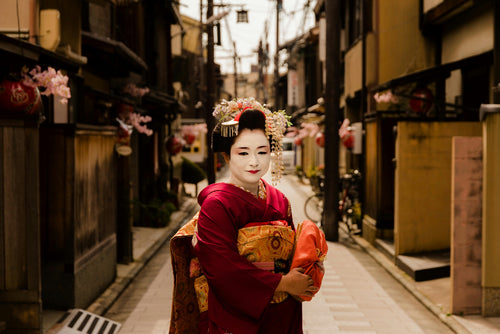
Geisha Culture in Japan: Myths and Realities
The world of geisha, Japan’s skilled performers and keepers of traditional arts, has long intrigued people around th...
-
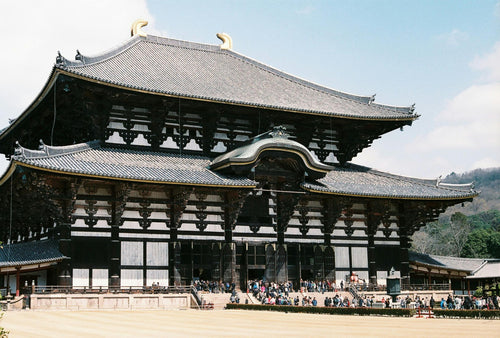
Japan’s Unique Architecture: Top 8 Traditional and Modern Landmarks
Japan is renowned for its unique blend of ancient architectural heritage and cutting-edge modern designs. From c...
-
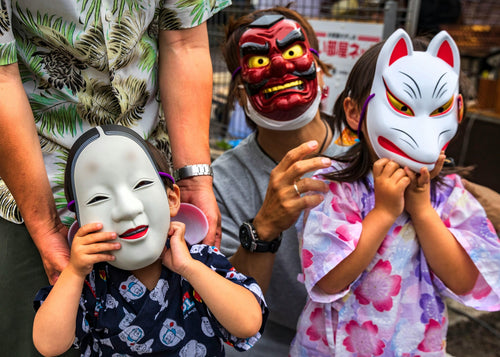
10 Traditional Japanese Festivals (Matsuri) You Can’t Miss
Japanese festivals, or *matsuri*, are vibrant celebrations of cultural heritage, featuring elaborate costumes, l...
-
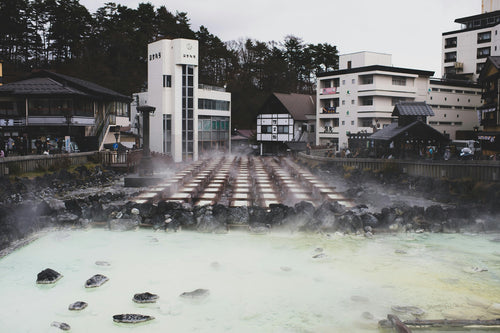
Japan’s Three Great Onsen: A Guide to Famous Hot Springs
Japan is famous for its natural hot springs, or *onsen* (温泉), offering visitors a unique opportunity to relax and rej...
-
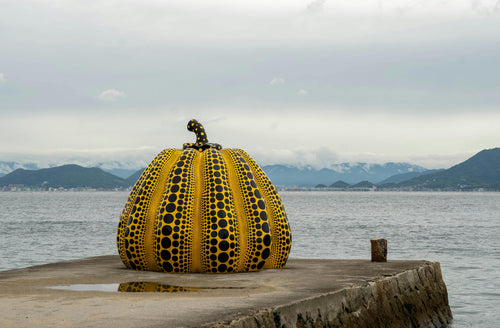
Japanese Art Exploration: Best Spots to Enjoy Art in Japan
Japan is a country rich in artistic heritage, from centuries-old traditional crafts to modern, innovative instal...
-

Guide to Japan’s Fireworks Festivals: When and Where to Go
Japan’s summer fireworks festivals, known as "hanabi taikai" (花火大会), are among the most anticipated events in th...
-
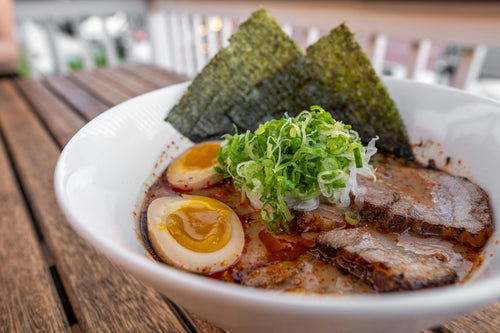
Where to Experience Ramen-Making Classes in Japan
Ramen is one of Japan’s most beloved dishes, with countless regional styles and flavors that attract food lovers from...
-
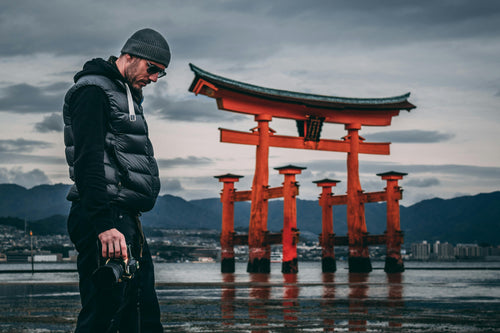
Power Spot Tours: Japan’s Famous Temples and Shrines
Japan is a land steeped in spiritual history, and visiting its temples and shrines provides not only a glimpse i...
-
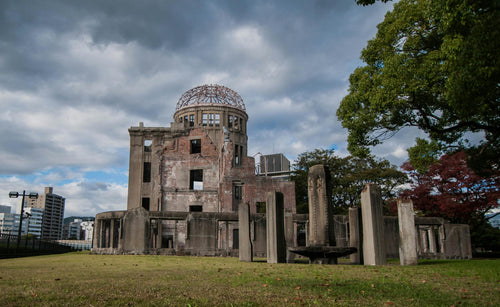
UNESCO World Heritage Site Tour Guide in Japan
Japan is home to numerous UNESCO World Heritage Sites, each offering a glimpse into the country’s rich cultural herit...
-
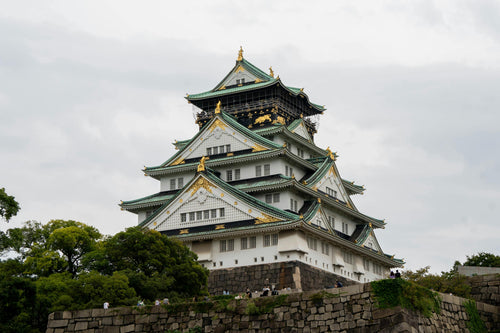
5 Famous Japanese Castles: History and Highlights
Japan is home to some of the most beautiful and historically significant castles in the world. Built during the feuda...
-
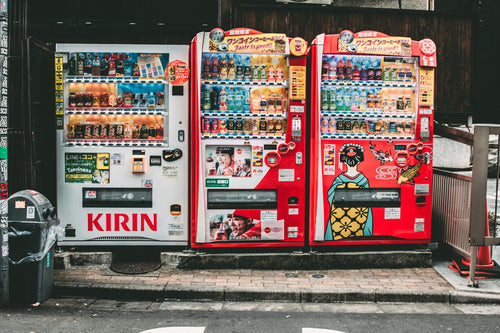
10 Unique Drinks to Try from Japanese Vending Machines
Japan is famous for its vending machines, offering an incredible variety of drinks that go beyond just soft drinks an...
-
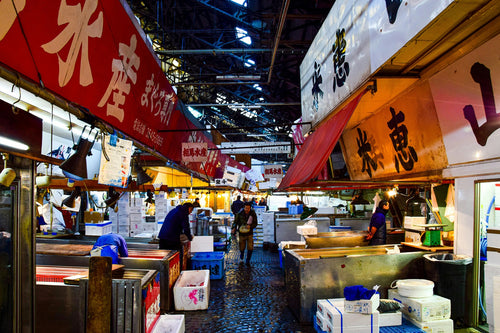
Tokyo Market Guide: Exploring Tsukiji and Toyosu Markets
Tokyo's Tsukiji and Toyosu Markets are must-visit spots for food lovers and anyone interested in Japan’s rich culinar...
-
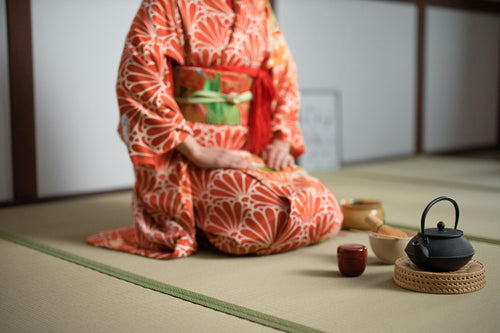
Experiencing Traditional Tea Ceremony in Tokyo
The Japanese tea ceremony, or "chanoyu," is a cultural experience steeped in tradition, aesthetics, and mindfulness....
-
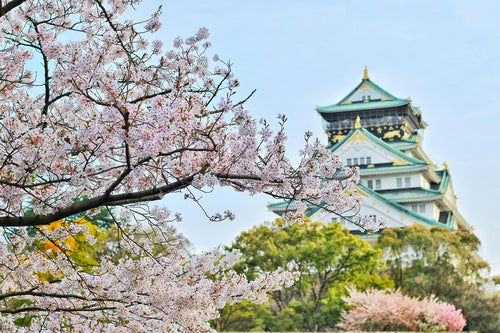
Top 7 Cherry Blossom Viewing Locations in Tokyo
Springtime in Tokyo is synonymous with the cherry blossom season, a breathtaking period when the city’s parks, rivers...
-
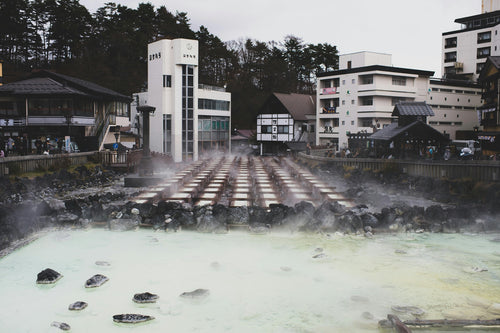
What is Onsen? A Guide to History, Benefits, and Etiquette
Onsen, Japan’s cherished hot spring culture, offers a unique blend of relaxation, scenic beauty, and deep-rooted trad...
-
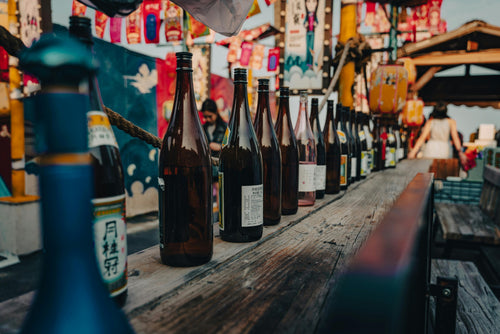
What is Sake? Its Production Method and History
Sake is a traditional Japanese alcoholic beverage made from fermented rice. It has been enjoyed in Japan for over a t...
-
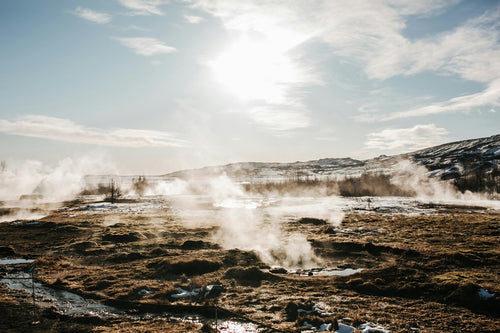
8 hot springs with beautiful scenery near Tokyo
Tokyo is a bustling metropolis, but just outside the city are some of Japan's most serene hot springs, or onsens, off...
-

Top 10 museum to visit in Tokyo
Tokyo is home to a diverse range of museums that cater to all interests, from art and history to technology and pop c...
-
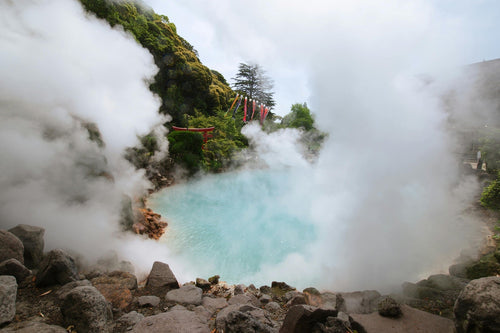
9 Best Hot Spring and Bathhouse in Tokyo
Tokyo is known for its vibrant urban energy, but it's also a fantastic place to relax and rejuvenate in hot springs (...
-
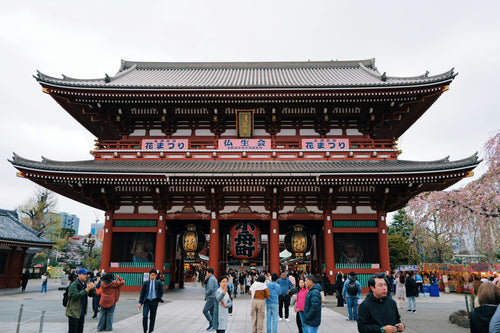
15 Famous Temples and Shrines to Visit near Tokyo
Tokyo and its surrounding areas are home to many famous temples and shrines that showcase Japan's rich spiritual and ...










































